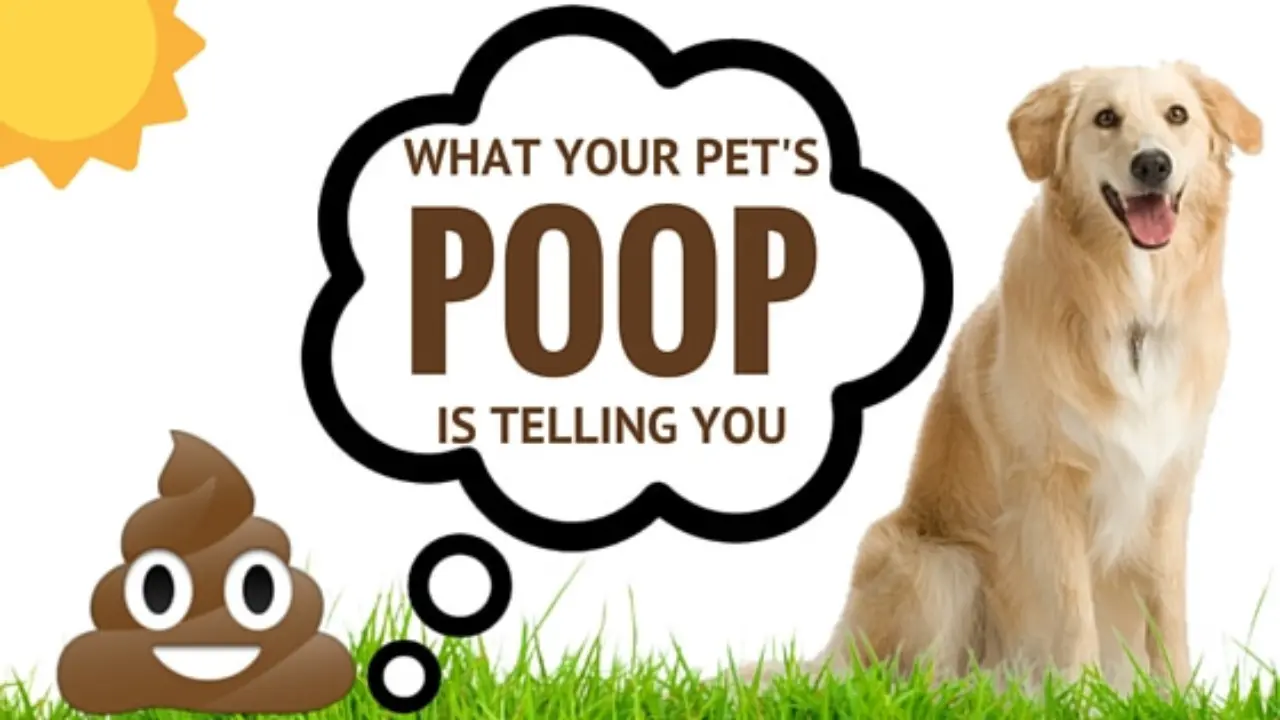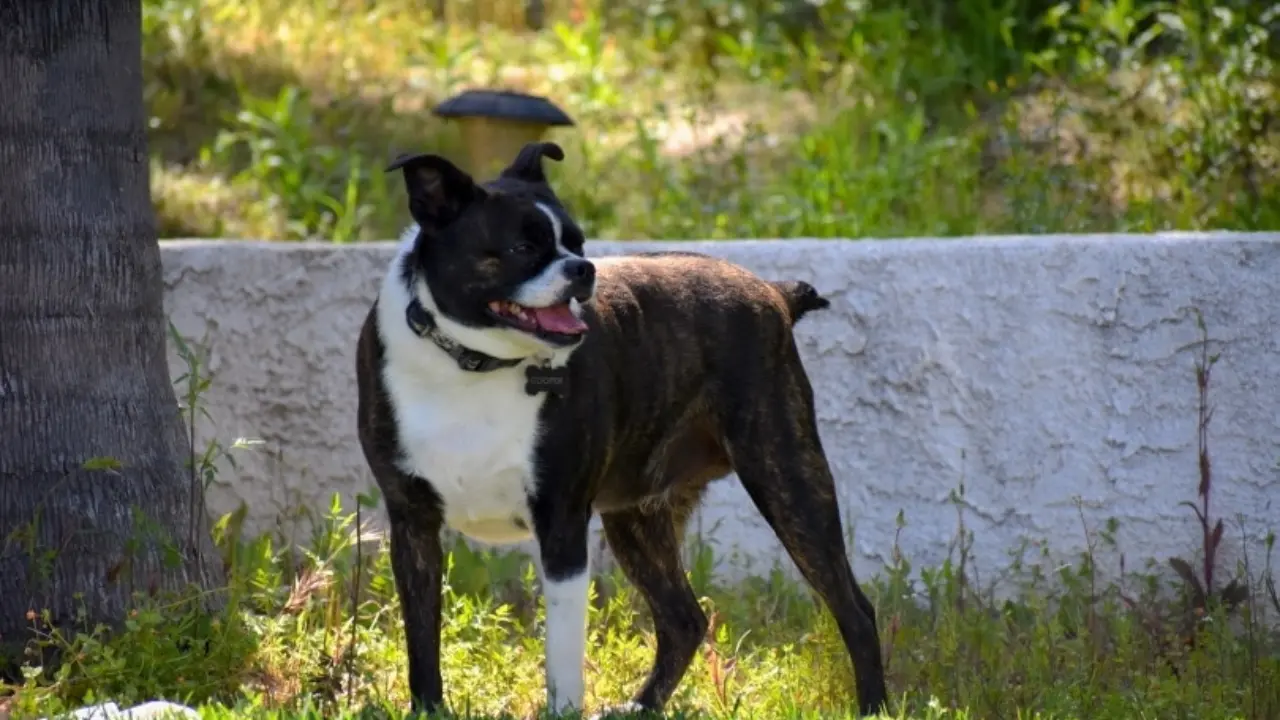As pet owners, we often pay close attention to our pets’ health, and one crucial indicator of their well-being is their stool. Diarrhea in pets can be a common occurrence but may also indicate an underlying health issue. This article will explore what our pets’ poop can tell us, the causes of diarrhea in pets, signs to watch for, when to seek veterinary care, and how to prevent diarrhea in our furry friends.
Understanding Normal Pet Stool
Before diving into diarrhea, it’s essential to understand what constitutes normal pet stool.
- Dog Stool: Normal dog stool is firm, brown, and log-shaped. It should hold its form when picked up and not have a foul odor.
- Cat Stool: Normal cat stool is typically firm, dark brown, and well-formed. It should be easy to scoop and not overly smelly.
Causes of Diarrhea in Pets
Several factors can contribute to diarrhea in pets:
- Dietary Changes: Abrupt changes in diet or the introduction of new food can upset the digestive system.
- Food Intolerances or Allergies: Some pets may have sensitivities or allergies to certain ingredients in their food.
- Infections or Parasites: Bacterial, viral, or parasitic conditions can cause gastrointestinal upset.
- Stress or Anxiety: Pets can experience diarrhea due to stress or anxiety-inducing situations.
- Medical Conditions: Underlying health conditions such as inflammatory bowel disease or pancreatic disorders can lead to chronic or recurring diarrhea.
Signs and Symptoms of Diarrhea in Pets
It’s essential to be aware of the signs and symptoms of diarrhea in pets:
- Frequent Bowel Movements: Pets with diarrhea may need to eliminate more frequently than usual.
- Loose or Watery Stool: Diarrhea is characterized by loose, watery, or unformed stool.
- Blood or Mucus in Stool: In some cases, diarrhea may be accompanied by blood or mucus.
- Vomiting or Loss of Appetite: Pets with diarrhea may experience vomiting or a reduced appetite.
When to Seek Veterinary Care
While mild cases of diarrhea can often resolve on their own, there are situations where veterinary care should be sought:
- Persistent Diarrhea: If diarrhea persists for more than 24 to 48 hours or worsens in severity.
- Dehydration or Lethargy: Signs of dehydration include excessive thirst, dry gums, and reduced energy levels.
- Presence of Blood in Stool: Blood in the stool is a concerning sign that warrants immediate veterinary attention.
- Change in Behaviour or Appetite: If your pet exhibits unusual behavior or a significant loss of appetite, it’s essential to consult a veterinarian.
Diagnosing and Treating Diarrhea in Pets
When visiting a veterinarian, they will conduct a thorough examination and may perform additional diagnostic tests:
- Veterinary Examination and History: The vet will examine your pet and ask about their diet, recent changes, and other relevant information.
- Stool Sample Analysis: A stool sample may be collected and analyzed for parasites, bacteria, or other underlying causes.
- Dietary Changes and Medications: Depending on the diagnosis, the vet may recommend nutritional modifications or prescribe medications to treat the diarrhea.
- Fluid Therapy and Supportive Care: In severe cases or when dehydration is present, fluid therapy and supportive care may be necessary.
Prevention of Diarrhea in Pets
Taking preventive measures can help reduce the risk of diarrhea in pets:
- Gradual Diet Changes: When transitioning to a new diet, gradually allow your pet’s digestive system to adjust.
- Proper Nutrition and Hydration: Ensure your pet receives a balanced diet and has access to fresh water at all times.
- Regular Parasite Prevention: Follow a regular parasite prevention regimen as your veterinarian recommends.
- Minimizing Stress and Anxiety: Provide your pet with a stable and secure environment, minimizing stress-inducing factors.
Conclusion
Keeping an eye on our pets’ poop can provide valuable insights into their health. While occasional bouts of diarrhea can be expected, persistent or severe cases should not be ignored. By understanding the causes, recognizing the signs, seeking veterinary care when necessary, and taking preventive measures. We can help maintain our pets’ digestive health and overall well-being.





